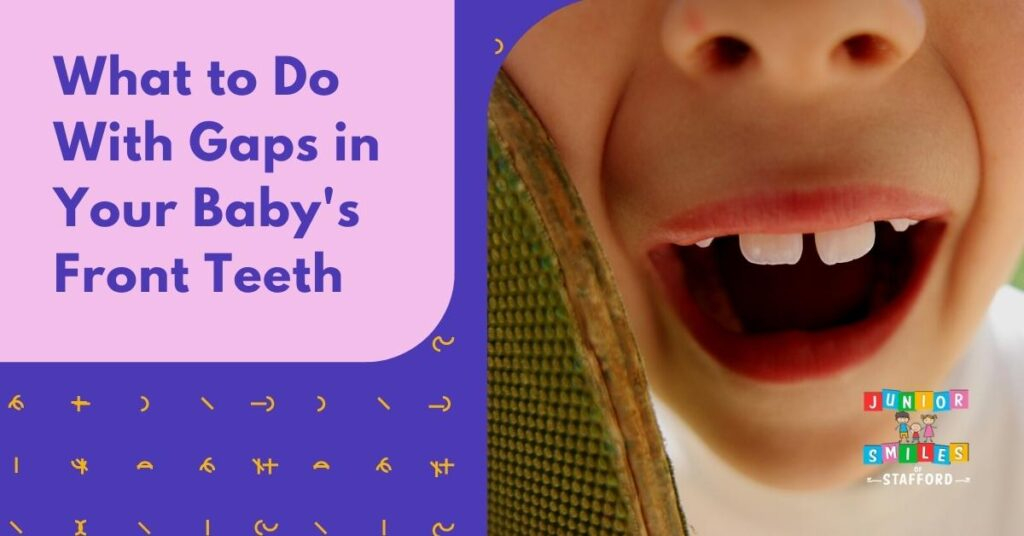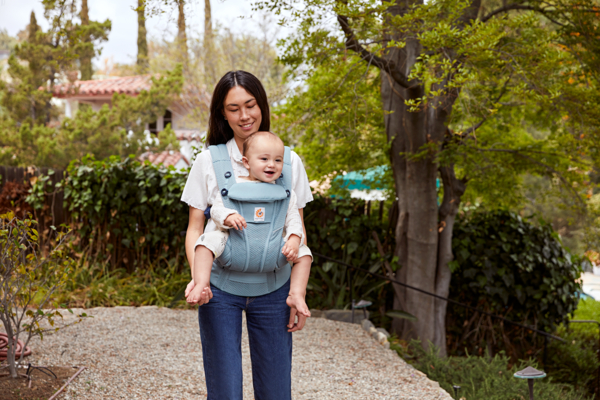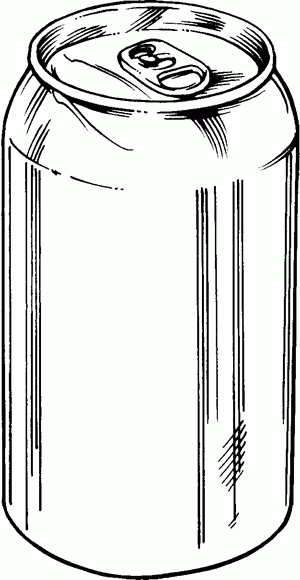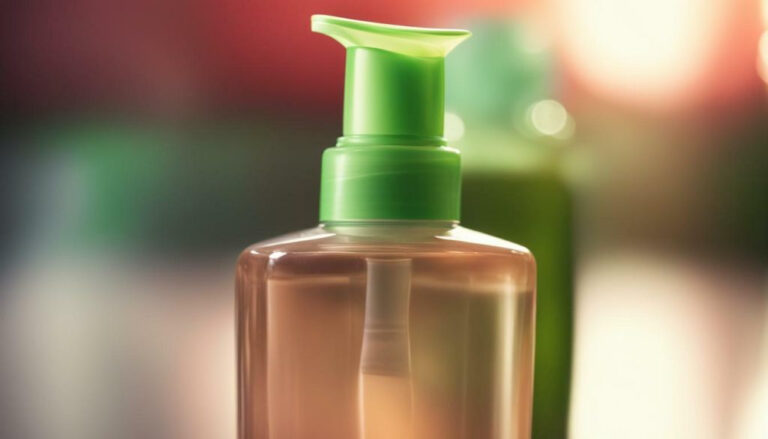How To Tell If Baby Will Have Gap Teeth
Are you a parent or soon-to-be parent wondering if your baby will have gap teeth? Gap teeth, also known as diastema, can be a common occurrence in children. While many babies are born with gap teeth that eventually close on their own, some may have them persist into childhood. In this article, we will explore how to tell if your baby will have gap teeth and what you can do about it.
Knowledge
Gap teeth in babies can be caused by a variety of factors, including genetics, thumb sucking, or tongue thrusting. It is important to note that having gap teeth as a baby does not necessarily mean that your child will have them as they grow older. In many cases, the gap will close on its own as the baby’s permanent teeth come in.
One common indicator that your baby may have gap teeth is if there is a visible space between their two front teeth. This can be noticed as early as a few months old. If the gap is caused by thumb sucking or tongue thrusting, it is important to address these habits early on to prevent the gap from persisting.
Another way to tell if your baby will have gap teeth is to look at the spacing of their baby teeth. If there is a noticeable gap between their baby teeth, it may indicate that they will have gap teeth as their permanent teeth come in. However, it is important to consult with a dentist to get a proper assessment.
Genetics can also play a role in determining if your baby will have gap teeth. If one or both parents have gap teeth, there is a higher likelihood that the baby may have them as well. However, it is not a guarantee, as genetics can be unpredictable.
If you are concerned about your baby’s gap teeth, it is best to consult with a pediatric dentist. They can assess the situation and provide guidance on the best course of action. In some cases, orthodontic treatment may be recommended to close the gap and align the teeth properly.
Conclusion
In conclusion, gap teeth in babies can be a common occurrence that may or may not persist into childhood. It is important to monitor your baby’s teeth and consult with a dentist if you have any concerns. By addressing any potential issues early on, you can help ensure that your baby’s teeth develop properly.
Gap teeth are a natural variation in tooth alignment and do not necessarily indicate a problem. However, if you are worried about your baby’s gap teeth, it is best to seek professional advice. Remember, every child is different, and what works for one may not work for another.






